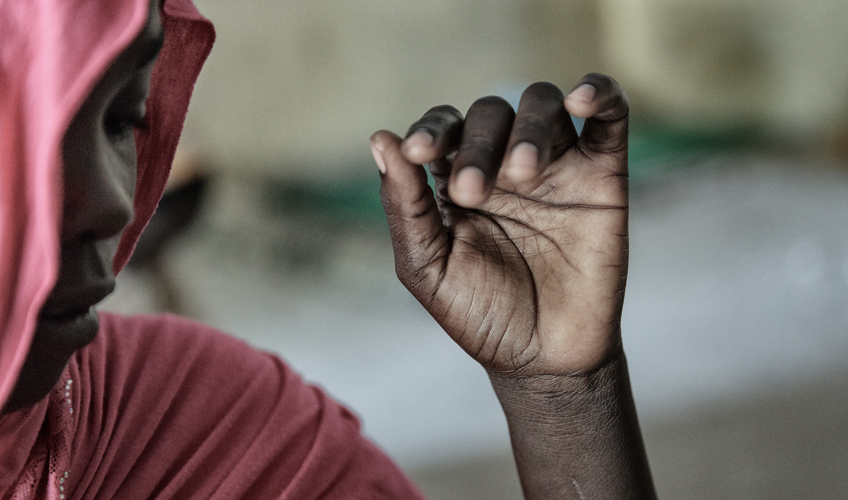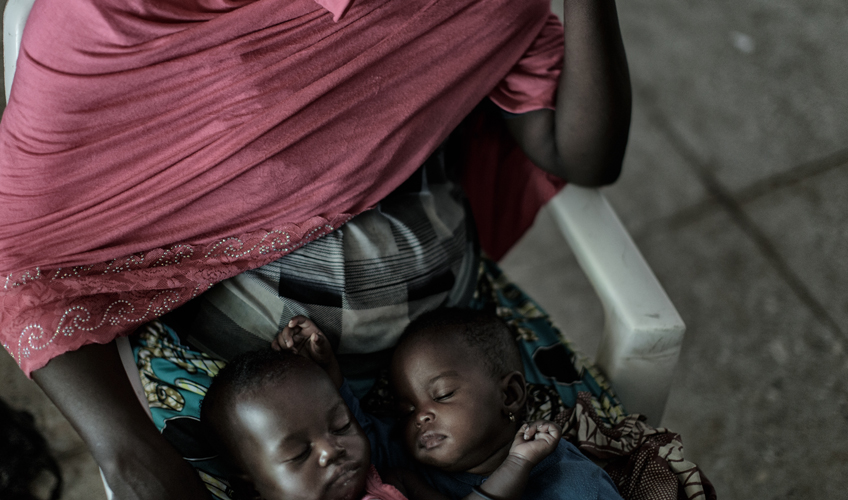Life after Boko Haram: Jummai’s story
Jummai* was captured and raped by Boko Haram just weeks after her husband died in a road accident. Now she is beginning to move on with her life.

When Boko Haram arrived in Jummai’s village, she ran to an abandoned house with her sister and children. However, the insurgents found them and brutally raped her in front of her children.
After the insurgents left, they travelled by foot to a displacement camp. It took over two days to get there with nothing but water to sustain them. Every moment was filled with overwhelming fear that Boko Haram would find them again.
I discovered I was pregnant soon after I arrived at the camp … A pregnancy created out of violent rape, not out of love as with my husband who I miss very much.
At the camp, Jummai shares a communal dormitory with more than 14 women and girls, along with countless children.
It wasn’t easy to process her trauma in this environment. She felt isolated and emotionally overwhelmed.
When I arrived in the camp, I cried daily, it gave me severe headaches. I wasn’t eating or sleeping, I was deeply depressed.
Jummai has also now given birth to twins, as a result of the rape – which has made her integration even more difficult. But this has not changed her feelings towards them.
They are innocent. I love them equally to my other children.

Jummai joined workshops run by International Alert Nigeria, UNICEF and our local partner, who bring Boko Haram survivors together in a safe and supportive environment, giving them an opportunity to express their feelings and learn about forgiveness and understanding through Islamic principles.
“I was able to talk about my problems and engage in conversation with other women who experienced similar problems.”
The sessions have been crucial in my moving on in my life. They have helped me cope with the loss of my husband and the impact of rape. Mostly they have helped me accept my unavoidable circumstances, my fate.
Despite these important first steps in healing, Jummai still faces many challenges. She misses living at home and is worried for her children’s future.
“This was just the beginning and we could benefit so much more by having more dialogue.”
*Name changed to protect identity.
> Read more stories of communities affected by Boko Haram violence
> Share Jummai’s story on social media using #FutureForOurGirls.






